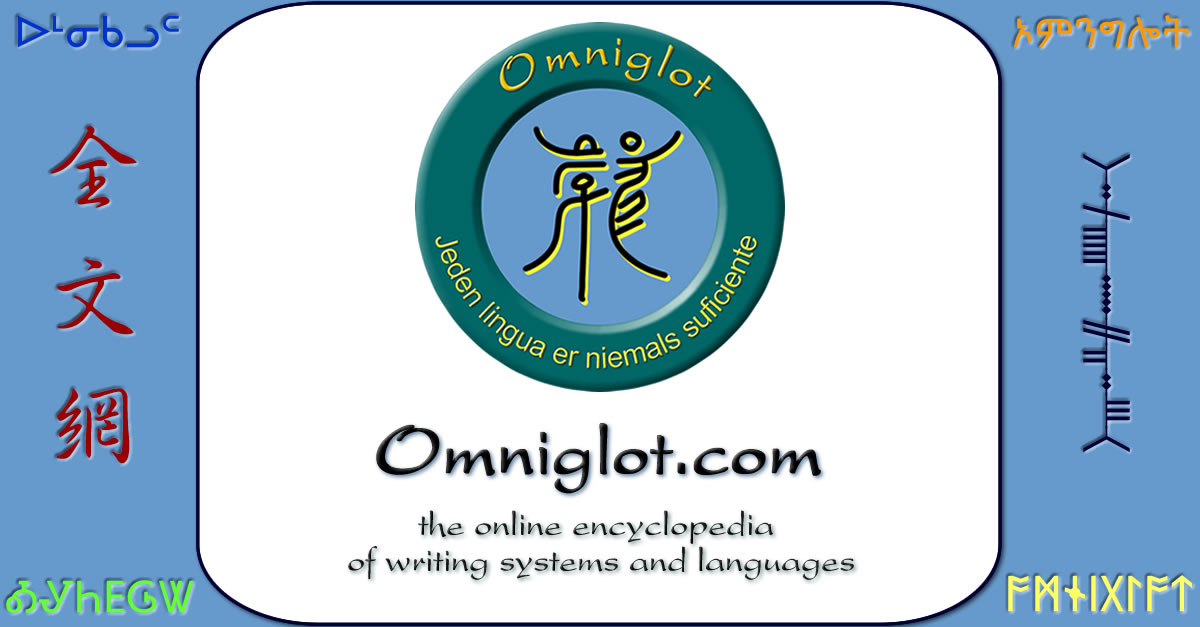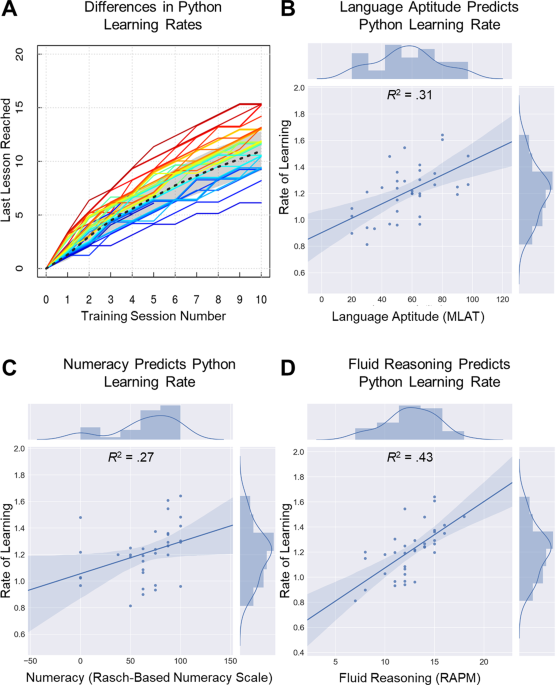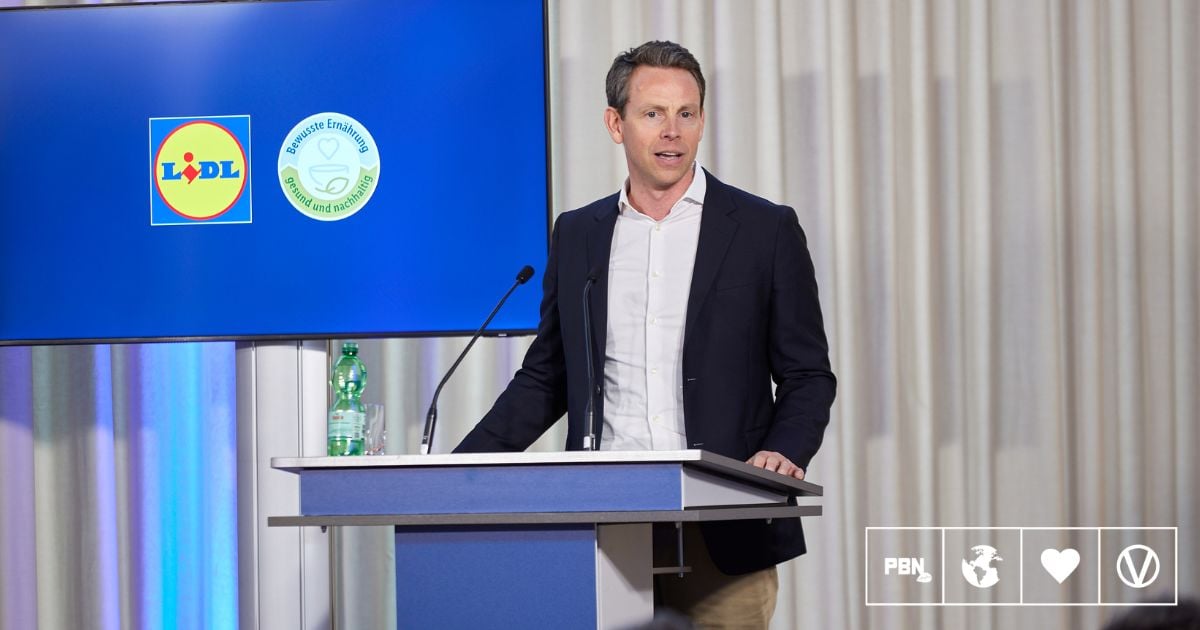Dynamic Languages are Static Languages | Existential Type
While reviewing some of the comments on my post about parallelism and concurrency, I noticed that the great fallacy about dynamic and static languages continues to hold people in its thrall. So, in the same “everything you know is wrong” spirit, let me try to set this straight: a dynamic language is a straightjacketed static language that affords less rather than more expressiveness. If you’re one of the lucky ones who already understands this, congratulations, you probably went to Carnegie Mellon! For those who don’t, or think that I’m wrong, well let’s have at it. I’m not going to be very technical in this post; the full technical details are available in my book, Practical Foundations for Programming Languages, which is available online.
So-called dynamic languages (“so-called” because I’m going to argue that they don’t exist as a separate class of languages) are perennially popular. From what I can tell, it’s largely a matter of marketing. Hey, we all want to be dynamic, don’t we? A dynamic personality is one that makes things happen, takes risks, has fun, breaks the rules! And who wants to be static? It’s synonymous with boring, after all, and no one wants to be a bore (even if they are, or especially if they are). So, hey, dynamic languages are cool, right? Or, at any rate, cool people like dynamic languages. Static languages are for drips and losers.


















